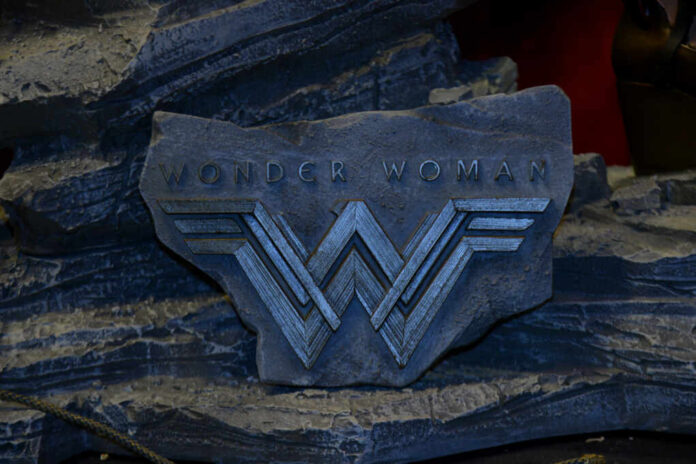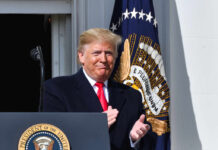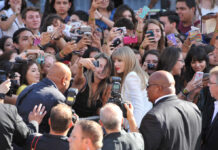
Beloved superhero Wonder Woman takes a controversial turn in DC Comics’ latest release Wonder Woman #8 sparking debates among fans about the changing landscape of the comic book industry as writers go seemingly go after President Donald Trump, immigration, and they even attack the Bible in a very unsubtle way.
The new issue features Wonder Woman confronting a villain named “The Sovereign” who bears a striking resemblance to what your average rabid leftist things of U.S. President Donald Trump, complete with a “lasso of lies” and policies against the mass immigration of the books fictional Amazonian immigrants.
DC Comics goes totally woke and broke.
DC Comics just came out with a new Wonder Woman comic that introduces a new villain, The Sovereign, who is a shadow president that manipulates the public with his “lasso of lies” to stay in power.
The Sovereign captures Wonder Woman,…
— Gary Goldstein (@GaryGol88424403) April 18, 2024
In another scene Wonder Woman comforts a terminally ill child grappling with gender identity and tells him that there is nothing wrong with not conforming to traditional gender roles and interests.
When captured by The Sovereign who quotes biblical passages about wives submitting to their husbands, Wonder Woman gives a chilling response: “I … I do not … believe you. I … do not … I do not believe in your … your … God.”
What needs to be added here to consider it “propaganda”? Anything?
This trend of aligning iconic characters with LGBT and progressive ideologies extends beyond Wonder Woman with Superman’s son and Batman’s sidekick Robin undergoing similar transformations in the Marvel and DC universes.
Critics argue that rather than creating new diverse characters, comic book writers are opting to modify established fan favorites to fit a woke and destructive agenda, which is a move that coincides with declining sales for the once-dominant publishers who now struggle to place titles in the top 20 graphic novel rankings.
In contrast Japanese comics which place less emphasis on social justice and diversity are gaining market share suggesting that as American comics prioritize political messaging over storytelling traditional fans are looking elsewhere for entertainment a shift reflected in sales figures and the industry’s overall trajectory.
































